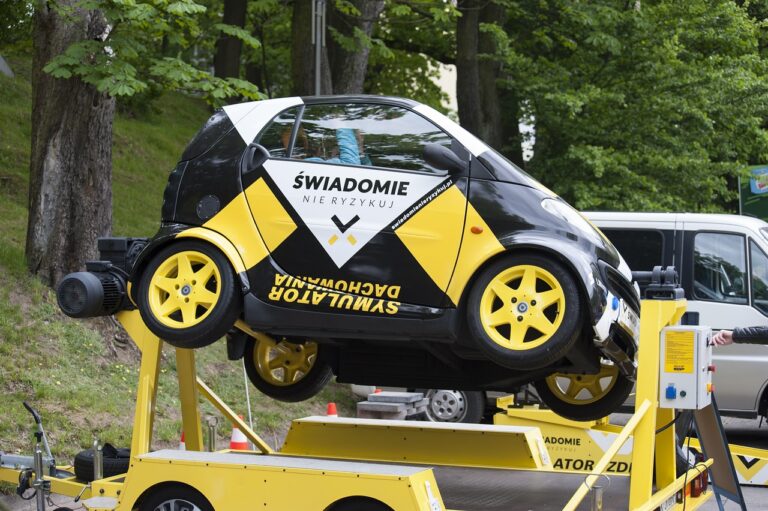The Impact of Electric Cars on Automotive Jobs
With the rise of electric vehicles in the automotive industry, there has been a significant shift towards more sustainable transportation options. Electric cars are becoming increasingly popular due to their environmentally friendly features and lower operating costs. Major automakers are heavily investing in the development of electric vehicles, signaling a clear shift away from traditional gasoline-powered vehicles towards more eco-friendly alternatives.
As technology continues to advance, electric vehicles are constantly improving in terms of range, performance, and affordability. Consumers are increasingly looking towards electric vehicles as a viable option for their transportation needs, further driving the growth of this sector. With increasing awareness about environmental issues and the need to reduce carbon emissions, electric vehicles are proving to be a crucial part of the future of transportation.
Challenges Faced by Traditional Automotive Workers
Traditional automotive workers are facing a wave of challenges in the wake of the increasing shift towards electric vehicles. With the rapid technological advancements in the automotive industry, many workers find themselves grappling with the need to adapt to new skills and knowledge required for working on electric vehicles. This transition poses a significant challenge for those who have honed their expertise in traditional gasoline-powered vehicles for years.
Moreover, the restructuring of job roles and responsibilities within automotive companies has left many traditional workers uncertain about their future in the industry. As electric vehicles become more prevalent, the demand for skills related to combustion engines may diminish, leading to potential job displacement for workers who are not equipped with the necessary training in electric vehicle technology. This uncertainty can create a sense of insecurity among traditional automotive workers as they navigate the evolving landscape of the industry.
Transitioning Skills from Gasoline to Electric Vehicles
In the evolving automotive industry, the shift towards electric vehicles is becoming increasingly prevalent. As this transition takes place, traditional automotive workers find themselves faced with the need to adapt and acquire new skills to stay relevant in the industry. The expertise once centered around gasoline engines now needs to expand to encompass the intricacies of electric vehicle technologies.
Mechanics and technicians who have spent years working on conventional vehicles are now tasked with learning about battery systems, electric motors, regenerative braking systems, and other unique components specific to electric vehicles. This necessitates a comprehensive understanding of electrical systems, safety protocols, diagnostics, and software integration, which may be unfamiliar territory for many professionals. As the demand for electric vehicles continues to grow, acquiring these new skills will be crucial for automotive workers looking to remain competitive in a rapidly changing industry landscape.





